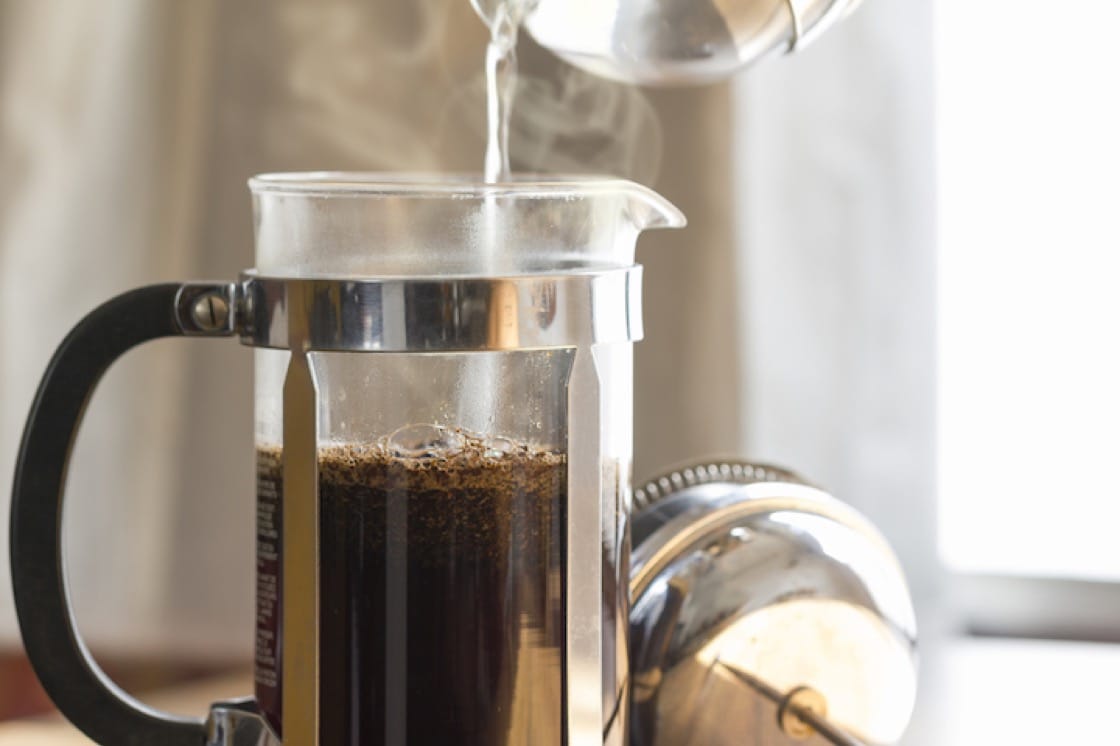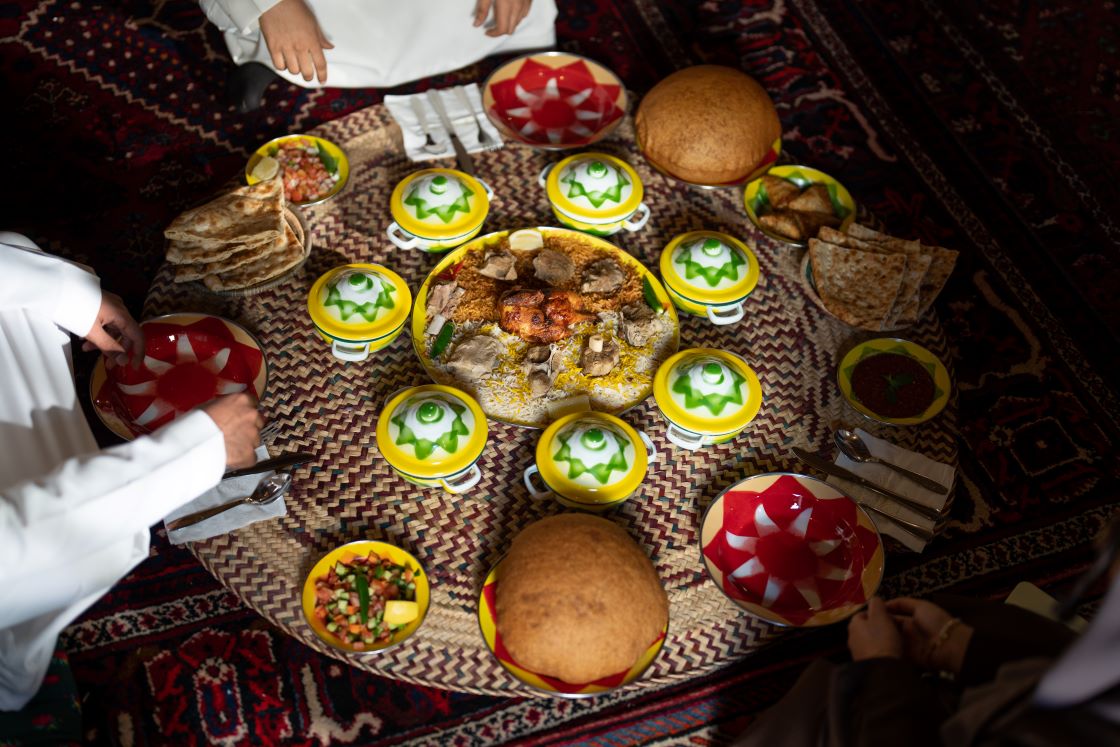Every coffee lover will wax lyrical about the aroma and full body of a good fresh cup of joe in the morning. Be it the acidity of a single origin Columbian espresso shot or the fruitiness of a Kenyan pour over, a little heat is always needed to nudge your morning cuppa awake and draw out its full flavors.
While espresso-based drinks use a combination of time, high heat and pressure to create a cup of full-bodied coffee, extracting the same flavors can be done without the use of fancy coffee machines. However, patience is required.

While it might seem more convenient to grab a bottle of cold brew off the shelves at the nearest café, one of the best parts about making your own—aside from the immense satisfaction you feel, of course—is being able to control the caffeine levels. As this is determined by the ratio of water to beans and the duration of brewing (the ration is usually 6mL per gram of coffee, or 1L to 167 grams of coffee, brewed in room temperature up to 24 hours), tweaking the ratios means a customized blend for your palate.
"If you want something that you can pull out and drink straight without diluting it, brew at a 10:1 ratio for 12 to 16 hours,” shares Meese. “If you want to make a cold brew latte, brew at the 6:1 ratio over 14 hours and dilute with water or milk.” (Meese recommends a water/milk to coffee ratio of 2:1.) "Just remember to only play around with one variable at a time, be it ratio or brew time. I prefer to brew at higher concentrations over 14 to 18 hours and then dilute with water (or milk) down to what tastes good."

There are all sorts of equipment for making cold brew, but they all fit into two categories: full immersion and drip.
For full immersion, a simple jug with a filter will do, and the rest is fairly easy: grind your coffee (fairly coarse), add water, and then wait for 12 to 24 hours.
For cold brew drip, a fancier piece of equipment—such as a tower—is needed to filter the fresh coffee dripped over ice. The big difference in the two methods is the range of flavor profiles you get from the coffee. Full immersion method creates a deep chocolate, full-bodied brew that works well in milk, while the drip method delivers a wider range of flavors based on the types of coffee beans you use.

No fancy equipment? Meese shares how anything that holds water can be used to make cold brew via the full immersion method. "The only other things you need are coarsely ground coffee, a filter and 12 to 24 hours," he shares.
A French press also makes for a good ad hoc cold brew-maker. Just fill the press with coffee and water, press the plunger down a little bit so that all of the coffee is in the water, wait for 12-24 hours, press the plunger down, pour it into a bottle, and store it in the fridge.
"As always, start with good coffee beans. We all may have different preferences when it comes to taste, but shoot for locally-roasted and fresh beans, as after 30 days the nuance of the beans is going to fade," says Meese.
This article originally appeared on the MICHELIN Guide Singapore website.









